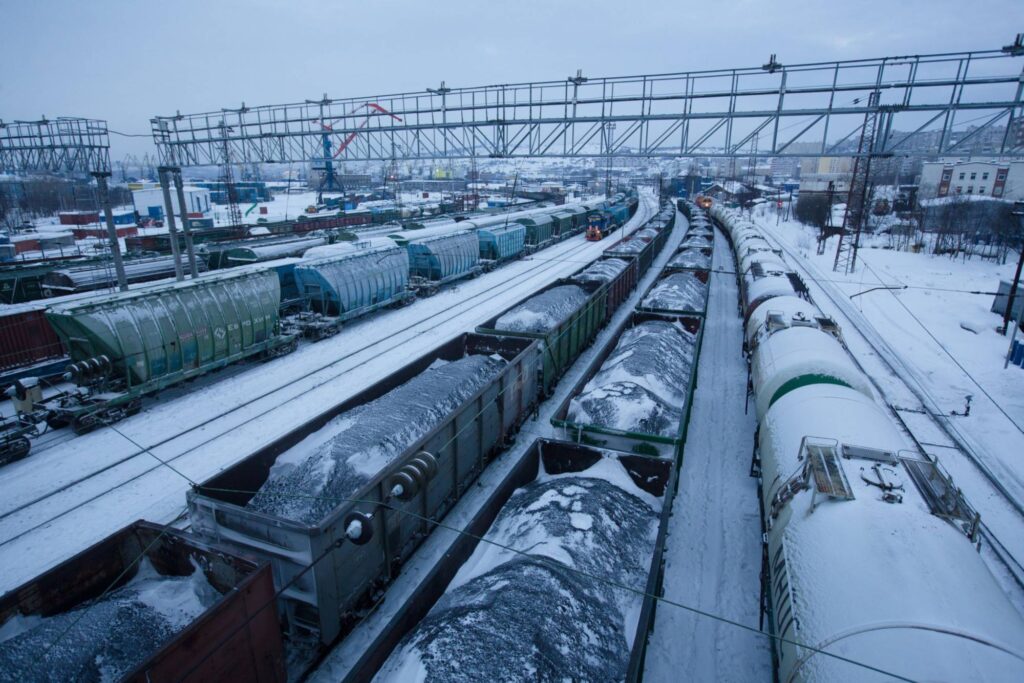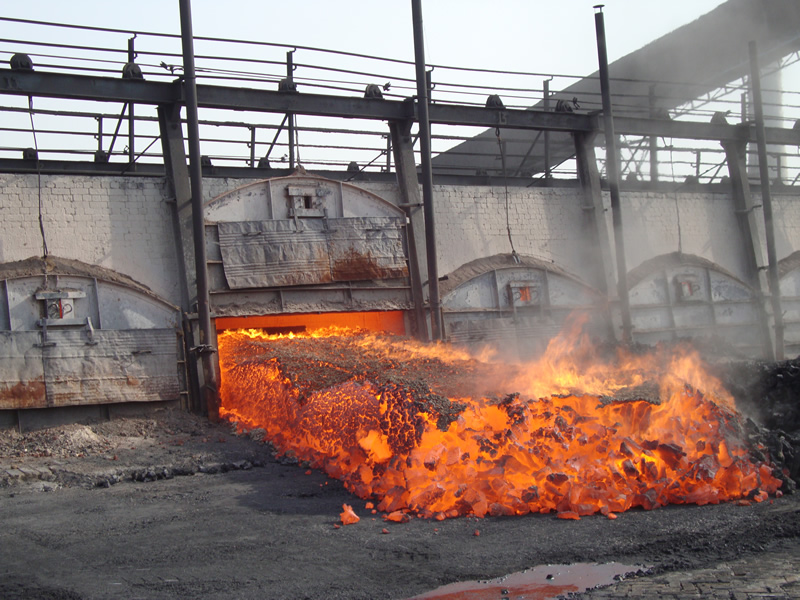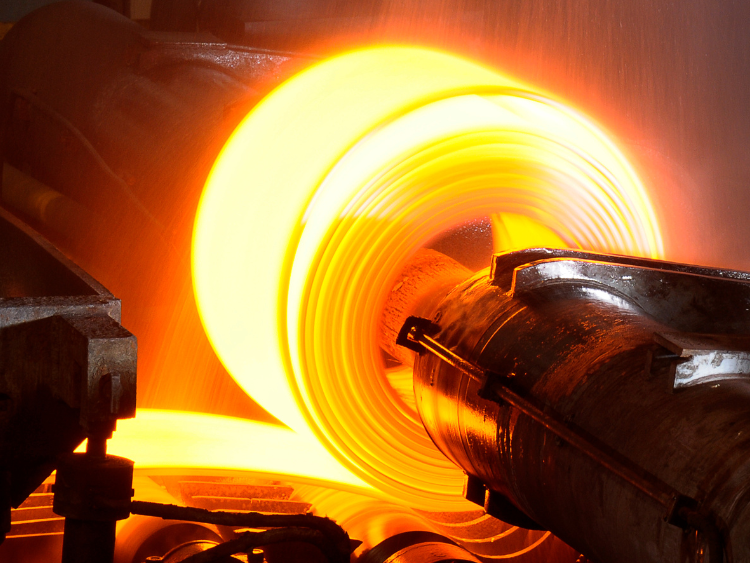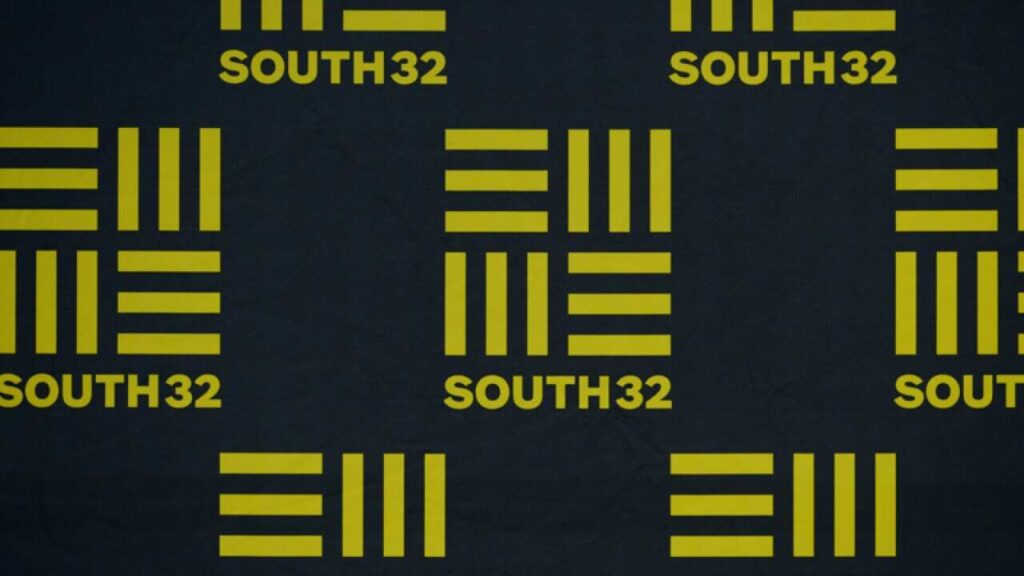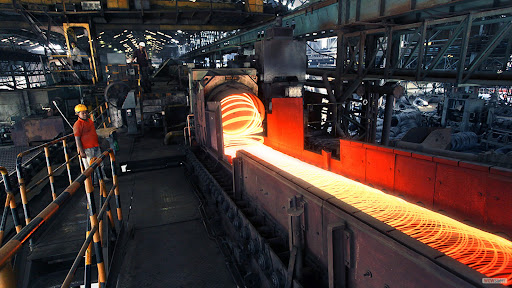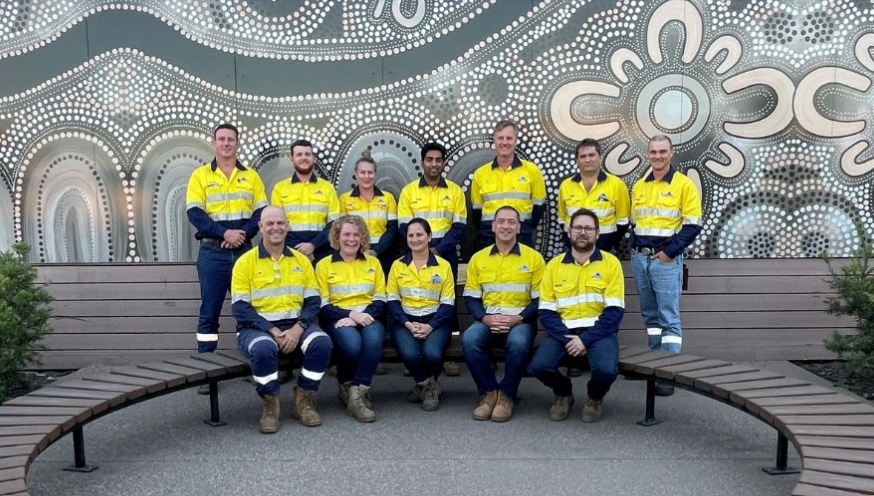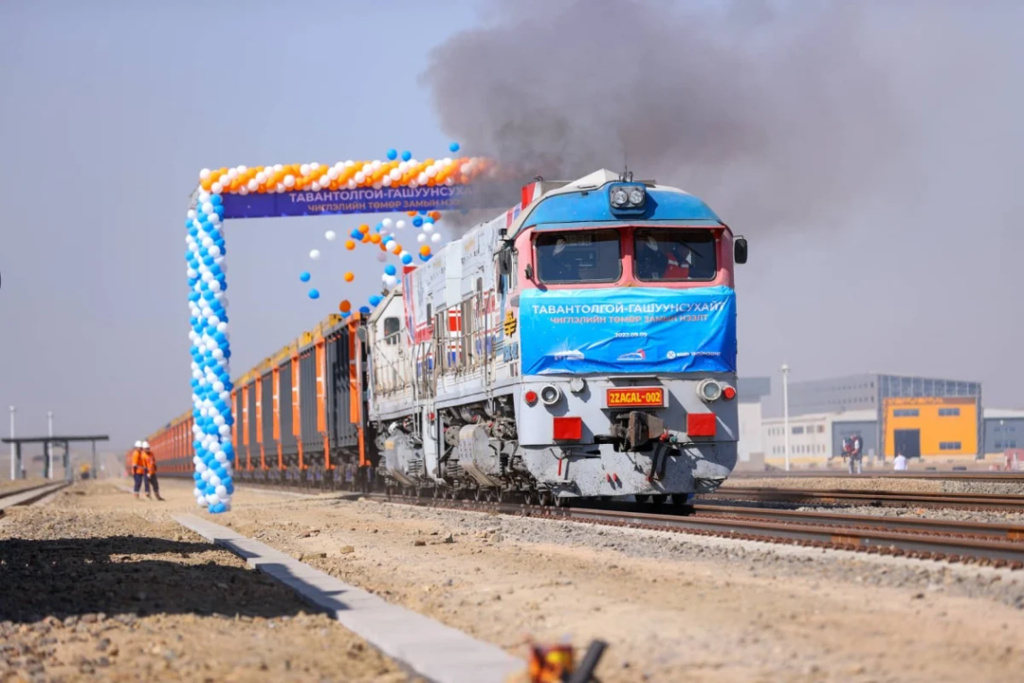Safety operators are threatening to strike at Australian resources firm BHP’s coking coal mines in Queensland, while train drivers at its iron ore operations in Western Australia (WA) are holding off on their proposed industrial action.
Around 70-80 open cut overseers (OCOs) at the five BHP Mitsubishi Alliance (BMA) coal mines of Daunia, Blackwater, Saraji, Goonyella Riverside and Peak Downs Mines are voting on whether to take industrial action, with the ballot to close on 20 December. Operations at all of these mines could be required to suspend operations if the OCOs, who oversee safety, all stop work at the same time.
Under Australian law the OCOs’ union needs to notify BMA of any planned stoppages at least week in advance, with the first possible disruption to coal production on 28 December. BHP hopes to reach an agreement with the OCOs through negotiations, with the next meeting scheduled for 13 December.
Train drivers at BHP’s WA iron ore operations voted in favour of industrial action in October but none has occurred. The members of the Mining and Energy Union have agreed not to take any industrial action while a ballot is conducted of its members on whether to accept a proposal from BHP that includes pay increases and other provisions. The ballot will open on 12 December and close on 15 December.
BHP has joined other mining entities, including the Minerals Council of Australia, in condemning legislation that passed in the federal parliament last week that forces firms to pay the same amount to all people who are doing the same job. The clause in the new law could affect the way that BHP operates its internal contractor business Operations Services, which often pays less per hour and on different employment conditions than workers employed directly by BHP.
BHP argues the Operations Services gives it the flexibility to do work that would usually be carried out by outside contractors that do not pay their staff as well as BHP. The unions see it as a way to avoid paying workers higher wages that have been negotiated through the collective bargaining process.
The mining industry has ample balance sheets currently to use to fight back against the legislation, which they argue will make Australia less competitive in the global drive to develop new energy transition minerals. The last time the mining industry took on Canberra it succeeded in getting the Mining Resources Rent Tax removed, although it had to wait for a change of government.

